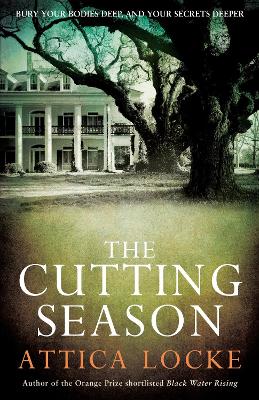Reviewed by ibeforem on
The writing is beautiful, and I liked the characters, for the most part. I actually found Caren to be one of the weaker characters. There’s not very much that is interesting or unique about her, other than her ability to mess up every relationship she’s ever had, romantic or familial. I’m still not sure I quite understand what her problem with her mother was. And she really just happens upon the solution to the mystery, rather than actually figuring it out. I also ended up confusing a lot of the Belle Vie workers with one another, especially towards the end.
As far as the mystery goes, I found myself more interested in its effect on the workers of Belle Vie than in finding out whatever happened to the poor woman. I also ended up feeling a bit cheated, because you’re lead to believe that there is a connection between this woman’s murder and the disappearance of Caren’s ancestor, and it doesn’t pay off. In fact, we never truly find out what (or who) it is that was found in the fields.
Overall, I found this to be a relatively satisfying read. There’s a definite undercurrent of social issues, but the author’s agenda is not overpowering. I certainly liked it enough to pick up something else by Locke.
“Still, she took it as a sign. A reminder, really, that Belle Vie, its beauty, was not to be trusted. That beneath its loamy topsoil, the manicured grounds and gardens, two centuries of breathtaking wealth and spectacle, lay a land both black and bitter, soft to the touch, but pressing in its power. She should have known that one day it would spit out what it no longer had use for, the secrets it would no longer keep.”
Reading updates
- Started reading
- 27 December, 2012: Finished reading
- 27 December, 2012: Reviewed
